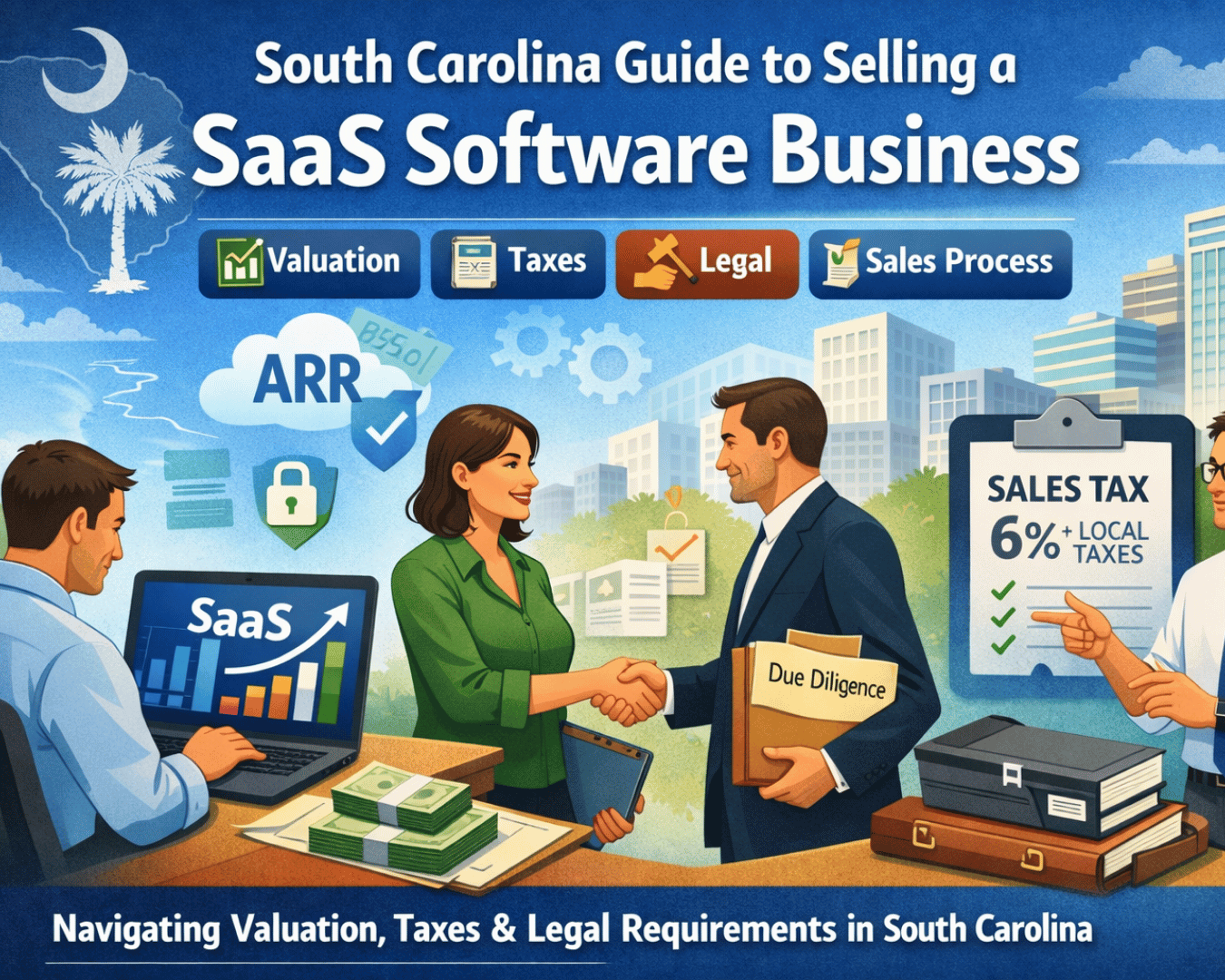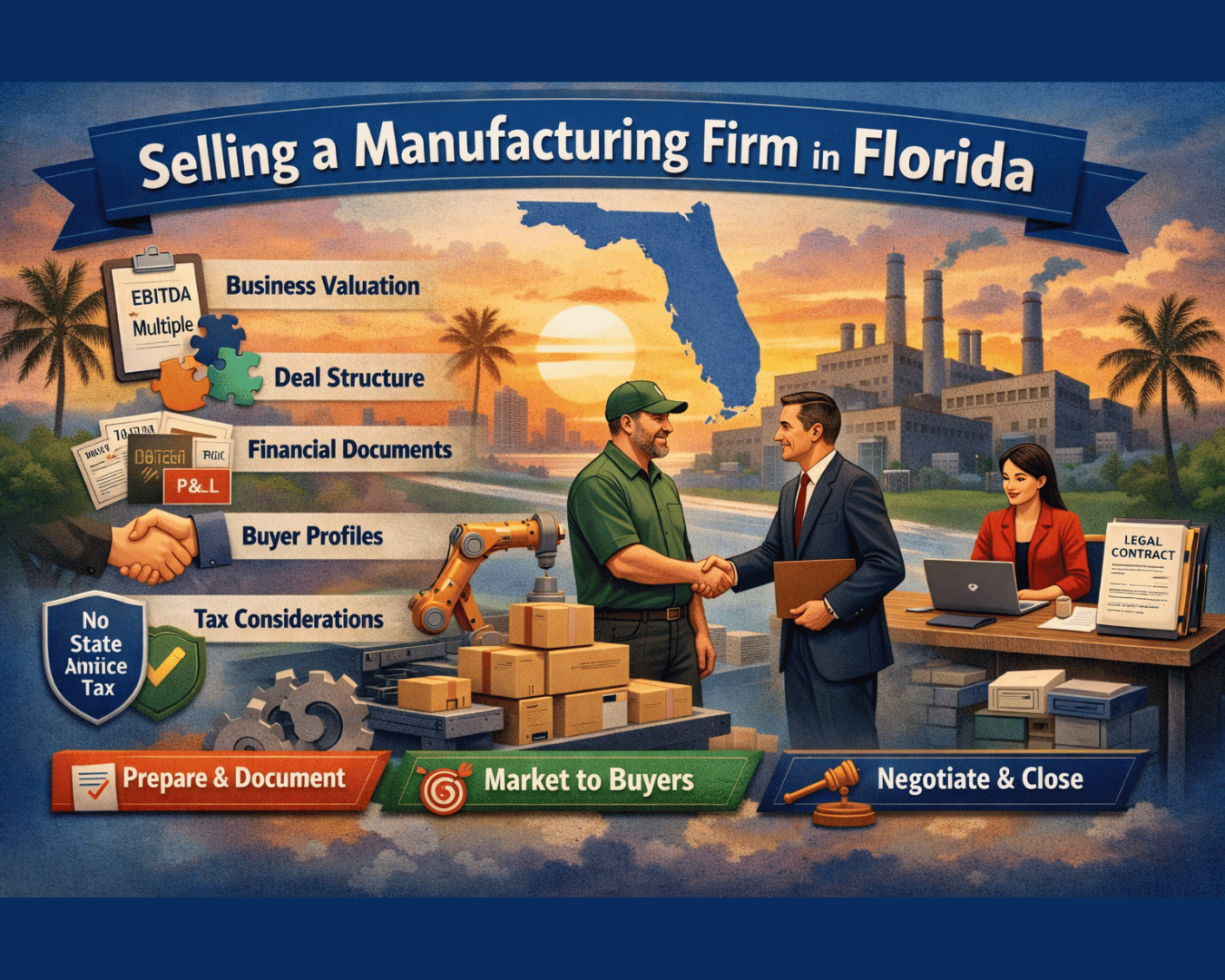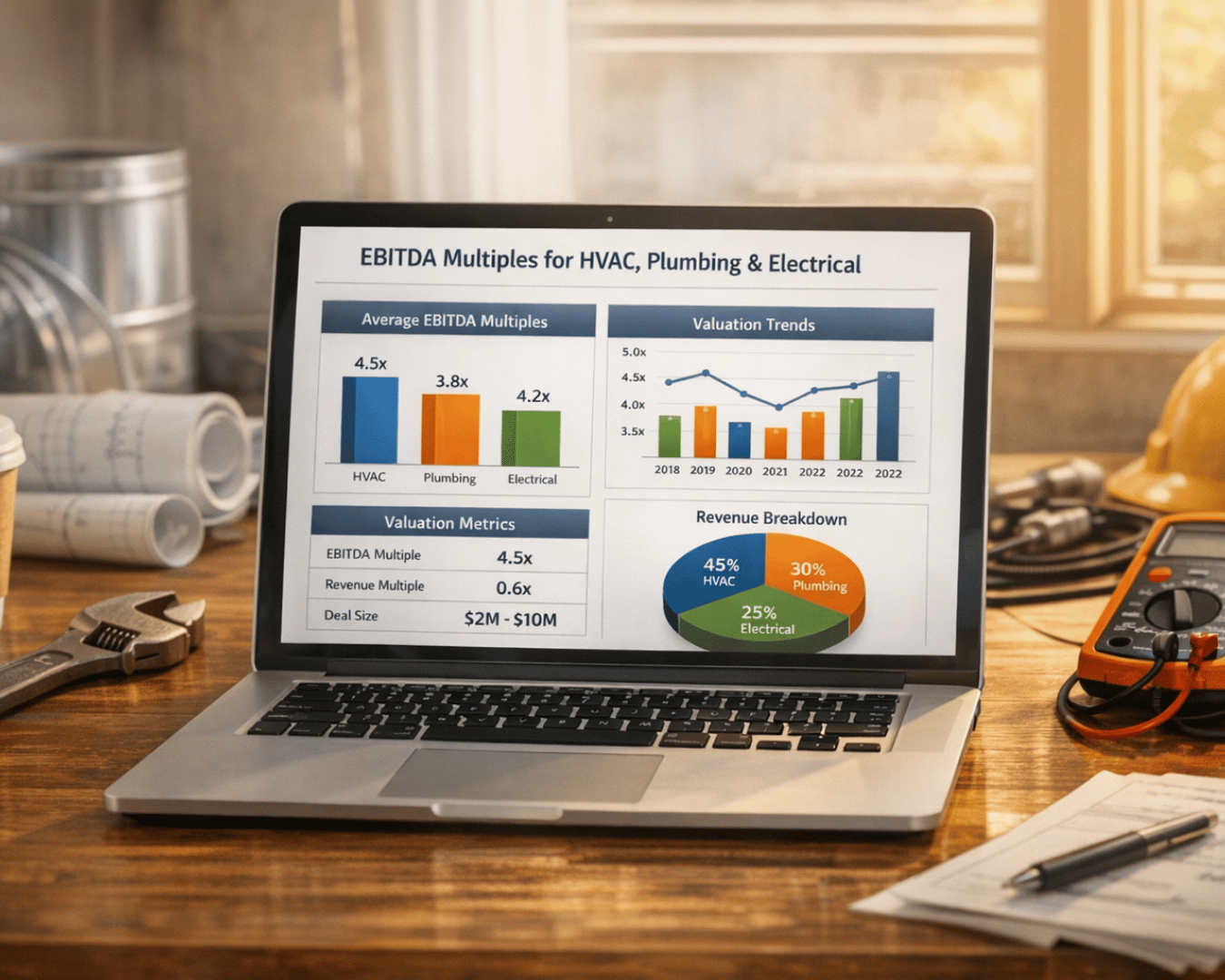Small business loan brokers are often more successful at securing funding for businesses than banks. Here’s why:
- Approval Rates: Brokers work with multiple lenders, increasing the chances of finding one that aligns with a business's needs, even if it doesn’t meet strict bank requirements.
- Speed: Brokers can often secure funding much faster than banks, sometimes within 24 hours for simpler loans.
- Flexibility: They offer customized financing solutions, while banks typically stick to standardized loan products.
- Expertise: Brokers focus solely on business loans, giving them deep knowledge of different industries and lending options.
In contrast, banks rely on rigid criteria, require extensive documentation, and have slower approval processes, making them less accessible for newer or unconventional businesses. If you need fast, tailored financing or have been turned down by banks, brokers might be your best choice.
1. Small Business Loan Brokers
Small business loan brokers often achieve higher approval rates for funding compared to traditional banks. Why? Unlike banks, which stick to rigid internal criteria, brokers tap into their extensive networks of lending institutions. This broad access allows them to uncover loan products and terms that aren’t typically available to the public, giving businesses a better shot at finding financing tailored to their specific needs [1][2]. By leveraging these connections, brokers can expertly match borrowers with lenders who are the right fit.
Take this example: A manufacturing company with seasonal cash flow struggles might face multiple rejections from banks. However, a broker familiar with the industry's unique challenges can connect the business with a lender experienced in handling cyclical revenue patterns. This kind of personalized matchmaking is where brokers truly shine.
Speed is another major advantage. Brokers can help secure funding in as little as 24 hours for straightforward, short-term loans, while more complex deals may take several weeks. They guide clients through the process, ensuring financial documents are accurate and complete, which helps avoid delays [2].
Beyond speed, brokers bring specialized industry knowledge to the table. Many focus on specific sectors or loan types, enabling them to negotiate better terms and repayment schedules. They often go a step further, offering additional services like financial consulting or credit counseling to help businesses improve their funding readiness.
Modern brokers also harness advanced technology to streamline their operations. Tools like CRM systems, loan origination software, business intelligence platforms, and document collection tools allow them to work more efficiently and effectively.
2. Traditional Banks
Traditional banks stick to strict underwriting rules, prioritizing factors like credit history, collateral, and steady revenue streams. While this approach helps manage risk, it can leave newer or niche businesses out in the cold. If you're running a startup or operating in an unconventional industry, you might face lower approval odds and longer waiting times.
Banks typically require high credit scores and extensive financial records. They prefer applicants with predictable revenue and long-standing business relationships. This makes it tough for startups, seasonal businesses, or companies with unique models to meet their requirements. The heavy emphasis on documentation also slows down the entire approval process.
Their multi-step review process may reduce risk, but it often delays funding - an issue for businesses that need quick access to capital. On top of that, borrowers may encounter extra fees and a limited selection of loan products, which can be frustrating for those with specific financing needs.
Another challenge is the generalist approach many banks take. Loan officers often handle a broad range of financial products, which means they may lack the specialized knowledge needed to fully understand the unique challenges and opportunities of different industries. This can result in less customized financing options.
Even when a business shows strong potential, institutional policies and regulatory constraints often prevent banks from straying from their standard procedures. This rigidity makes it hard for them to adapt their lending options to fit a borrower's specific circumstances.
These structured processes highlight why banks often struggle to match brokers in delivering flexible, tailored solutions for small businesses.
sbb-itb-a3ef7c1
Pros and Cons
Choosing between small business loan brokers and traditional banks can feel like navigating a maze. Each option comes with its own set of benefits and challenges, and understanding these differences can help you make a decision that best suits your business needs.
| Aspect | Small Business Loan Brokers | Traditional Banks |
|---|---|---|
| Approval Rates | Higher success rates, especially for businesses with unique or borderline qualifications | More stringent approval processes with rigid underwriting standards |
| Speed | Faster funding thanks to established lender networks and streamlined processes | Slower due to multi-step reviews and lengthy approval timelines |
| Flexibility | Offers tailored loan structures to meet specific business needs | Standardized products with limited customization options |
| Expertise | Specializes in business lending, offering deep industry knowledge | Generalist approach with a broader range of financial services |
Loan brokers are often the go-to choice for businesses seeking a more personalized and efficient approach to securing financing. Their expertise and lender connections can make all the difference. As ROK Finance puts it:
"With their industry insights and lender connections, brokers often increase a business's chances of approval, especially for those with nontraditional needs or borderline qualifications." [3]
On the other hand, traditional banks can be a more challenging route. The process often involves multiple applications and extensive documentation. Russ Shumaker from Biz2Credit highlights this difficulty:
"When seeking a traditional business loan, you might have to apply multiple times with different financial institutions because getting approved for traditional financing is challenging. Most traditional lenders require extensive documentation and other underwriting criteria, such as an established business credit record. Many business owners end up not qualifying for traditional loans and are turned down." [4]
These differences explain why many small businesses gravitate toward brokers, especially when traditional banking proves too restrictive. However, the right choice ultimately depends on your business's specific needs and situation.
Conclusion
When it comes to securing funding, small business loan brokers consistently outperform traditional banks. The data speaks for itself: brokers achieve higher approval rates, process loans faster, and offer a more flexible approach to lending. This makes them an appealing choice for many small businesses looking for financing solutions.
Brokers have an edge because they recognize that every business is different. Instead of a one-size-fits-all approach, they create tailored solutions that highlight a business's strengths while addressing its challenges.
Here’s when working with a broker might be the better option:
- Your business doesn’t fit the traditional mold: Whether you’re a newer business, operate in a niche industry, or deal with seasonal revenue fluctuations, brokers are more likely to accommodate your unique circumstances.
- You need funding fast: Brokers’ streamlined processes are ideal for businesses that need quick access to capital to seize opportunities.
- Your financing needs are complex: If your situation calls for more creative loan structuring, brokers offer options beyond standard bank products.
- You’ve been turned down by banks: Brokers have a track record of helping borrowers who couldn’t secure funding through traditional channels.
That said, traditional banks still play an important role for established businesses with strong credit profiles. These businesses may value the stability of a long-term banking relationship and can afford to wait through lengthier approval processes.
Ultimately, the choice between a broker and a bank depends on what matters most to your business. For those who prioritize speed, flexibility, and a personalized approach, brokers clearly stand out. The evidence shows that for many small businesses navigating today’s fast-paced market, brokers deliver the results they need.
FAQs
How do small business loan brokers tailor financing solutions to meet unique business needs?
Small business loan brokers focus on connecting businesses with lenders that fit their specific industry, financial conditions, and funding needs. They assess critical factors like cash flow, debt service coverage ratios, and your company’s operational track record to pinpoint the most suitable financing options.
What sets brokers apart is their personalized approach. They look at unique details such as the loan amount, regional preferences, and the borrower’s long-term objectives. This customized method helps ensure businesses secure funding solutions that are practical and aligned with their goals.
What are some potential downsides of working with a loan broker instead of a traditional bank for small business financing?
While loan brokers can be helpful, it's important to weigh some potential drawbacks. For one, brokers typically charge fees for their services, which can add to the overall cost of your loan. Another concern is that some brokers might push borrowers toward larger loans than they actually need, potentially leading to unnecessary debt. Additionally, certain brokers may prioritize lenders they have partnerships or commission agreements with, which might not always align with your best financial interests.
To avoid these pitfalls, take the time to ask detailed questions, compare multiple options, and ensure your broker is upfront about their fees and any relationships they have with lenders. Transparency is key to making a decision that works best for you.
How can a small business decide whether to work with a loan broker or a traditional bank for funding?
Deciding between a loan broker and a traditional bank comes down to what your business needs and its current financial position. If your business has been around for at least two years, generates solid annual revenue, and boasts a strong credit history, a traditional bank might be the way to go. Banks often provide loans with competitive rates and lower fees, but their stricter qualification requirements can make approval a challenge.
On the flip side, loan brokers connect you to a broad network of lenders, giving you a better shot at finding financing tailored to your specific needs. This can be particularly helpful if your credit isn’t perfect or if you’re looking for more flexible terms. Just keep in mind that brokers usually charge fees for their services, which can increase the overall loan cost.
When deciding, weigh your business's financial health, credit standing, and how quickly you need the funds to choose the option that works best for you.











%20%20Process%2C%20Valuation%20%26%20Legal%20Checklist.png)




















%20in%20a%20%2420M%20Sale..png)
%20vs.%20Conventional%20Loans%20for%20business%20acquisition.png)























.png)


.png)
.png)


































.png)












